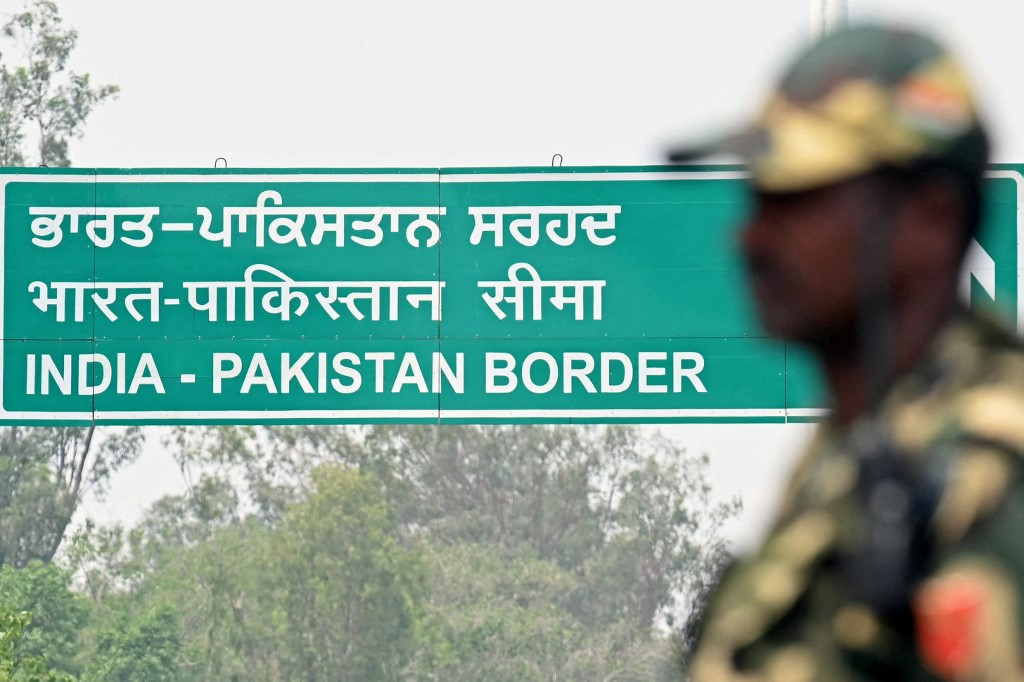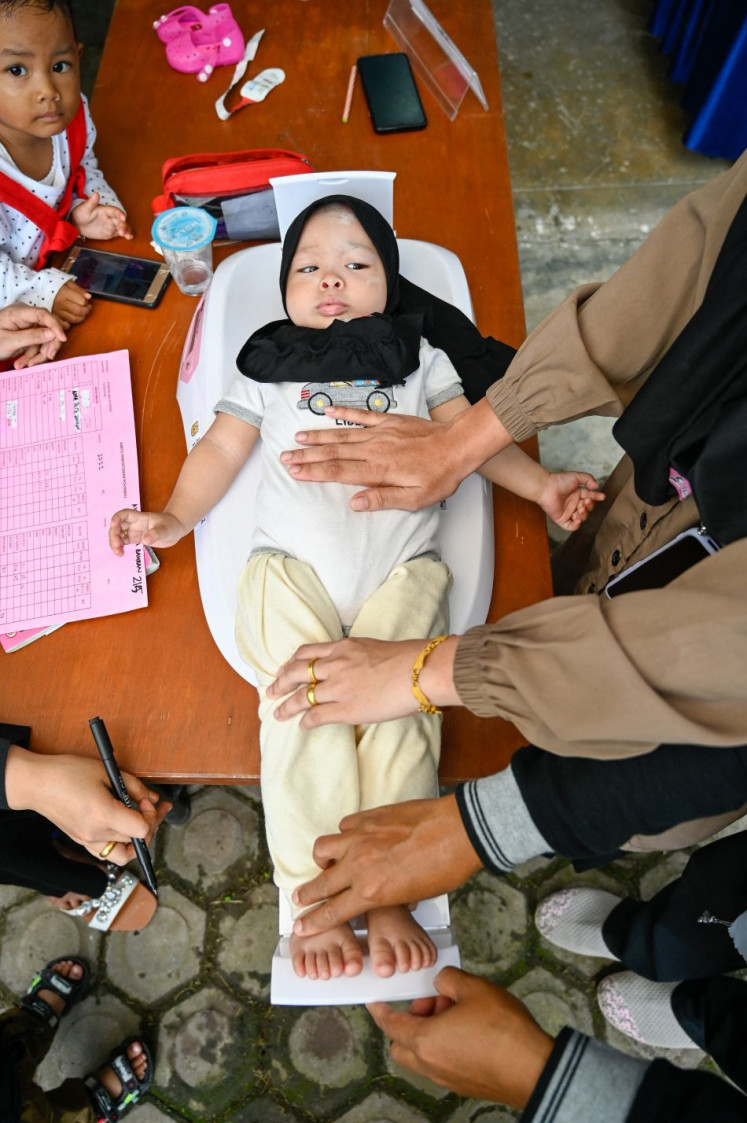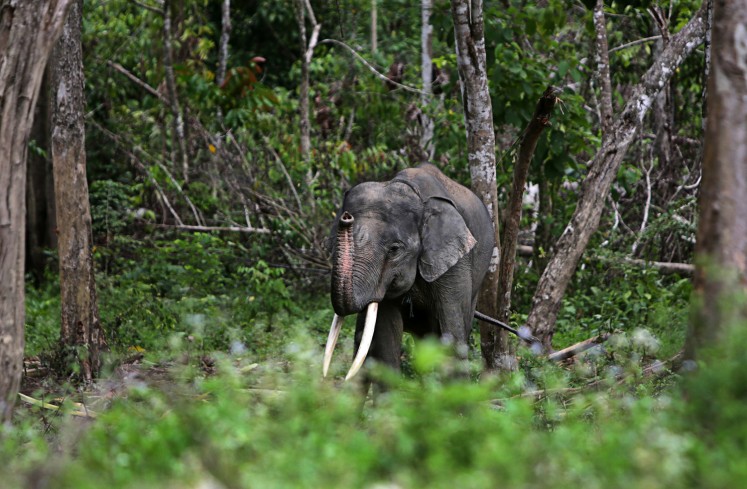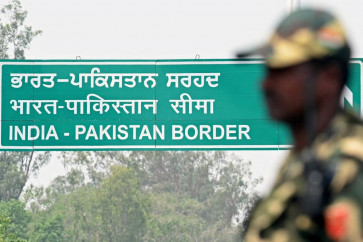Popular Reads
Top Results
Can't find what you're looking for?
View all search resultsPopular Reads
Top Results
Can't find what you're looking for?
View all search resultsAmid the tension: A demand for free Balochistan
The ongoing plight of the Baloch people has prompted organizations to formally appeal to the United Nations, urging immediate intervention in the humanitarian crisis in Baluchistan.
Change text size
Gift Premium Articles
to Anyone
T
he dynamics between India and Baluchistan are deeply rooted in the historical context of Baluchistan’s coerced accession to Pakistan in 1948. The region has been a focal point of Baloch nationalist movements, which express significant discontent regarding political marginalization at the hands of the Pakistani central government.
Recent border tensions have highlighted the cultural and geopolitical ties between South India and Baluchistan, the latter encompassing territories in Pakistan, Iran and Afghanistan. A notable source of animosity among the Baloch community is the demographic proliferation of Punjabis, perceived as disproportionately benefiting from the economic resources in Baluchistan.
The Pakistani government’s strategy in addressing Baloch separatism entails a combination of military, political and socioeconomic initiatives. This has included military offensives against Baloch nationalist insurgents aimed at curbing separatist activities.
Such operations often draw criticism for alleged human rights violations, while the government's dialogue attempts with select Baloch leaders have been characterized by caution and limited engagement due to prevailing security concerns and a backdrop of mistrust.
Concurrently, Pakistan has embarked on economic development initiatives, such as the China-Pakistan Economic Corridor (CPEC), targeting infrastructure enhancement and employment generation to alleviate grievances. However, the overarching strategy remains heavily security-centric, with legislative measures like detentions and organizational bans implemented to stifle separatist movements.
In this context, regional actors, including Pakistan, Iran and China, significantly influence Baluchistan's dynamics and its relationship with India. Pakistan maintains a firm grip on the region, routinely accusing India of supporting Baloch insurgents, an allegation India refutes.
Iran, sharing ethnic and cultural ties with Baloch populations in its own Baluchistan region, remains cautious of Indian influence along its borders and is focused on regional security challenges, including smuggling and insurgency.



















